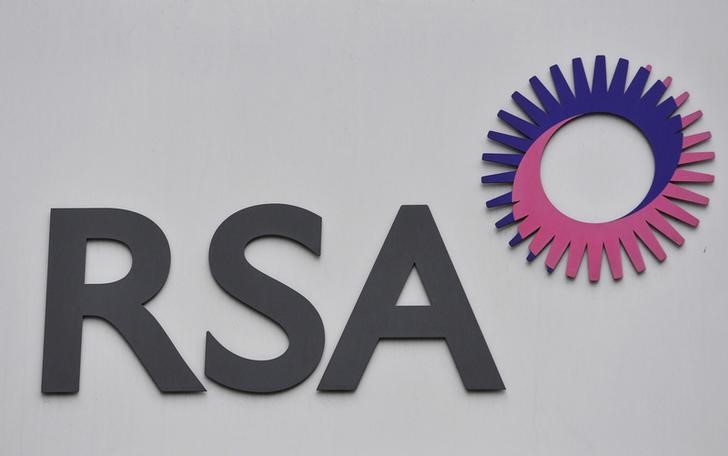By Conor Humphries
DUBLIN (Reuters) - Financial problems at RSA's (L:RSA) business in Ireland were known at group level before a scandal erupted and the British insurer was forced to inject 200 million pounds into it, according to the former CEO of the Irish division.
RSA blamed a handful of executives at the division for accounting irregularities that led to the group overstating its profits in Ireland and required it to tap shareholders for cash to plug the hole in its finances.
Former RSA Ireland Chief Executive Philip Smith resigned in late 2013, weeks after the British insurer informed the market about the irregularities.
Smith, pursuing a constructive dismissal case against RSA this week in Dublin, alleges he was forced out by RSA as a "fall guy" for the scandal. He says he was "cast to the wolves" after a rise in insurance claims in Ireland meant the division's level of reserves came in for scrutiny by the Irish central bank.
According to his resignation letter which was read out by his lawyer at a hearing on Tuesday, he said he never took any steps to cover up reserving issues from his colleagues in Ireland or at group level.
"The reserving issues now being investigated in retrospect was always an open practice, not done surreptitiously or in a secret manner. Equally no attempt was ever made to cover up from colleagues at RSA group level," the letter said.
"On the contrary and on a number of specific occasions I recall that some cases were discussed with senior personnel at group level where the decisions were made collaboratively to post less than was being suggested by the external advisor."
A spokeswoman for RSA said the company would defend the case robustly but had nothing to add about what was said on Tuesday.
'TREASURE'
Smith resigned in late November 2013 after being suspended while the company investigated accounting procedures at its Irish business. The scandal also led to the resignation of former RSA Chief Executive Simon Lee.
RSA said last year that reviews of the group launched after the emergence of the problems in Ireland - by auditors PwC, KPMG and its own internal teams - had concluded that the accounting problems were restricted to Ireland.
It said PwC had found evidence suggesting inappropriate collaboration among a small number of senior executives.
Smith said on Monday that RSA viewed reserves generated by its business in Ireland as "treasure" that could be used to support underperforming parts of the wider group, leaving the division without a safety when problems arose.
In his resignation letter, he said "issues" in Italy in 2010 meant that 10 million euros (7 million pounds) of Irish reserves were "moved" into the Italian numbers for the purposes of, he assumed, improving the overall group results.
"I believe the group continued to record the same 10 million euros in the local Irish numbers," Smith said in the letter.
